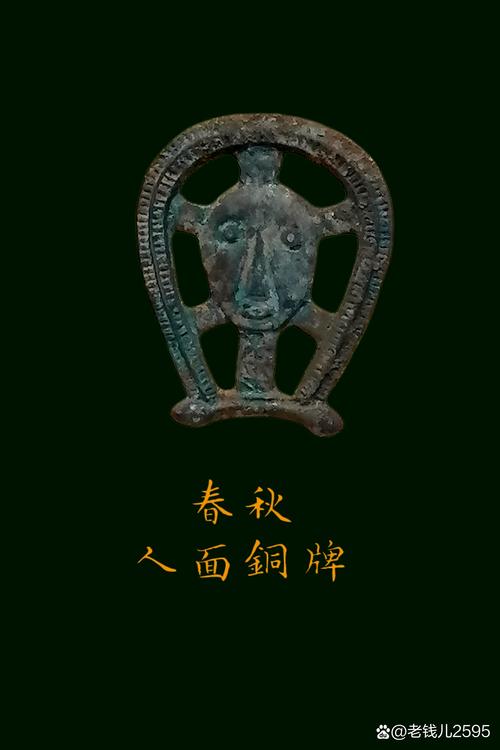Introduction to the Spring and Autumn Period
The Spring and Autumn Period was a significant era in ancient Chinese history, lasting from 771 BC to 476 BC. It was a time of great political and social change, and it laid the foundation for the subsequent period of the Warring States. This period saw the rise of numerous influential figures, the growth of philosophical schools, and the development of new cultural practices. Let's delve into the key aspects of the Spring and Autumn Period and explore its impact on Chinese history.

The Political Landscape
During the Spring and Autumn Period, China was divided into multiple states, each ruled by a powerful noble family. The most prominent states were Qi, Chu, Qin, Jin, and Wu. These states engaged in constant power struggles, alliances, and wars in a bid to expand their territories and influence. The ruling elites vied for supremacy, often at the expense of the common people who suffered from the ravages of warfare and political instability.
The Role of Confucius
One of the most enduring legacies of the Spring and Autumn Period was the emergence of Confucius, the great philosopher and educator. Confucius sought to restore order and harmony to society by promoting ethical values such as filial piety, righteousness, and social harmony. His teachings laid the groundwork for Confucianism, which would go on to become one of the most influential philosophical schools in Chinese history. Confucius' emphasis on moral integrity and social responsibility shaped the ethical and political landscape of ancient China.
The School of Mozi
Another significant philosophical school that emerged during the Spring and Autumn Period was the School of Mozi, founded by the philosopher Mozi. Mozi advocated for universal love, mutual benefit, and frugality. He criticized the extravagant lifestyle of the ruling elites and promoted the idea of a society based on equality and justice. The School of Mozi presented a stark contrast to the teachings of Confucius, emphasizing practicality and utility over traditional rituals and customs.
Cultural Developments
Despite the political turbulence of the era, the Spring and Autumn Period was a time of cultural flourishing. Literature, music, and art thrived, with new forms of poetry and music emerging. The period also saw advancements in technology, agriculture, and craftsmanship. The people of this era valued education and scholarship, leading to the preservation and transmission of knowledge through written texts and oral traditions.
The Legacy of the Spring and Autumn Period
The Spring and Autumn Period laid the groundwork for the unification of China under the Qin Dynasty in 221 BC. The political reforms, philosophical teachings, and cultural developments of this era had a profound and lasting impact on Chinese society. The teachings of Confucius and Mozi continued to shape the ethical and moral values of the Chinese people for centuries to come. The period served as a crucible for the formation of the Chinese civilization, with its influence reverberating throughout Chinese history.
In conclusion, the Spring and Autumn Period was a dynamic and transformative era that shaped the course of Chinese history. Its political intrigue, philosophical debates, and cultural accomplishments continue to fascinate and inspire scholars to this day. By studying this period, we gain insight into the complexities of ancient Chinese society and the enduring legacy of its thinkers and leaders.










